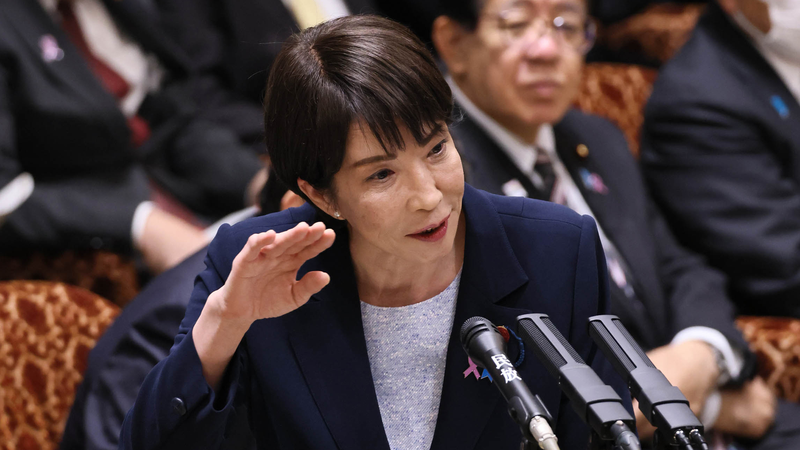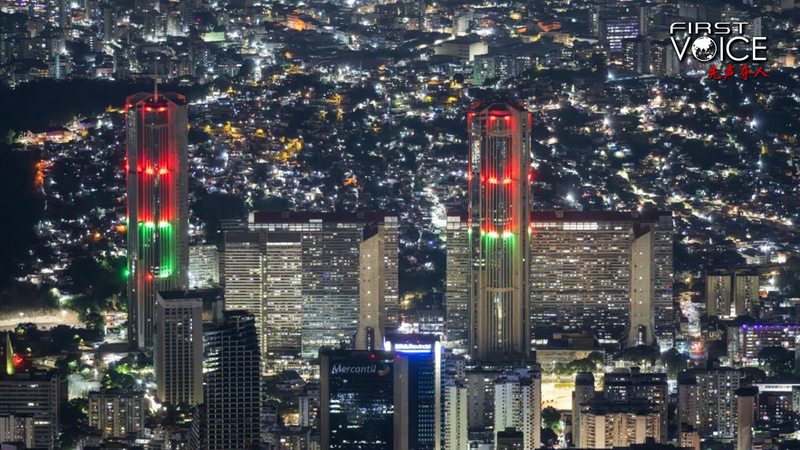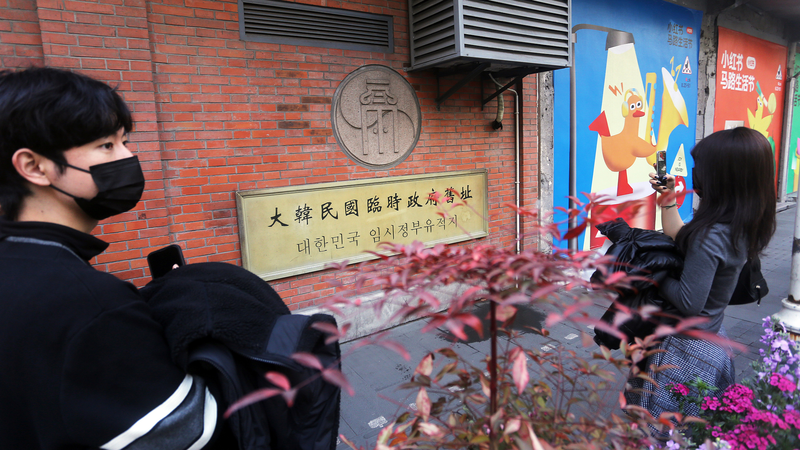Just days after the APEC Economic Leaders’ Meeting wrapped up earlier this month, Japanese Prime Minister Sanae Takaichi stirred a heated debate in Tokyo’s parliament on November 7. She warned that if military vessels or force from the Chinese mainland led to a Taiwan emergency, it could become a survival-threatening situation for Japan — a label that under current law might trigger collective self-defense and essentially a wartime footing.
Takaichi stood firm on November 10, insisting her words matched established government policy and refusing to retract them. 🚨
The Chinese mainland was quick to protest. Foreign Ministry spokesperson Lin Jian condemned the comments as provocative, accusing Takaichi of implying possible armed action in the Taiwan Strait. Despite calls from Beijing, Takaichi did not back down.
Back home, criticism poured in. Former Prime Minister Shigeru Ishiba told TBS radio that linking a Taiwan contingency directly to Japan’s fate broke with past practice, which deliberately kept such scenarios hypothetical. Opposition voices in parliament demanded a retraction, warning that a survival-threatening label could fast-track defense mobilization — effectively edging Japan towards war.
Political figures across the spectrum voiced concerns:
- Hiroshi Ogushi (Constitutional Democratic Party) warned of a judgment equivalent to entering a war.
- Ichiro Ozawa cautioned on social media that this rhetoric risked the safety of Japanese residents and called for calm diplomacy.
- Kazuo Shii (Japanese Communist Party) urged Takaichi to step back, saying her words undermined Japan–China ties.
In the Taiwan region, former leader Ma Ying-jeou wrote that the Taiwan question should be solved peacefully by people on both sides of the Taiwan Strait, not by outsourcing it to foreign powers. Ex-Kuomintang chair Hung Hsiu-chu argued Japan has no business intervening after its colonial past, and commentator Lai Yueh-chien bluntly said it was none of Japan’s business.
Beyond diplomatic fallout, experts warn that Takaichi’s remarks reveal a worrying shift towards historical revisionism and strategic amnesia among Japan’s right-wing politicians. Such language can harden positions, invite miscalculation, and push the region closer to a dangerous security spiral. 🤝🌏
With stability in East Asia hanging by a thread, leaders must choose restraint over rhetoric. Reckless words have real consequences — and the people of the region could pay the price.
Reference(s):
Reckless words, real consequences: Takaichi crosses the line
cgtn.com




